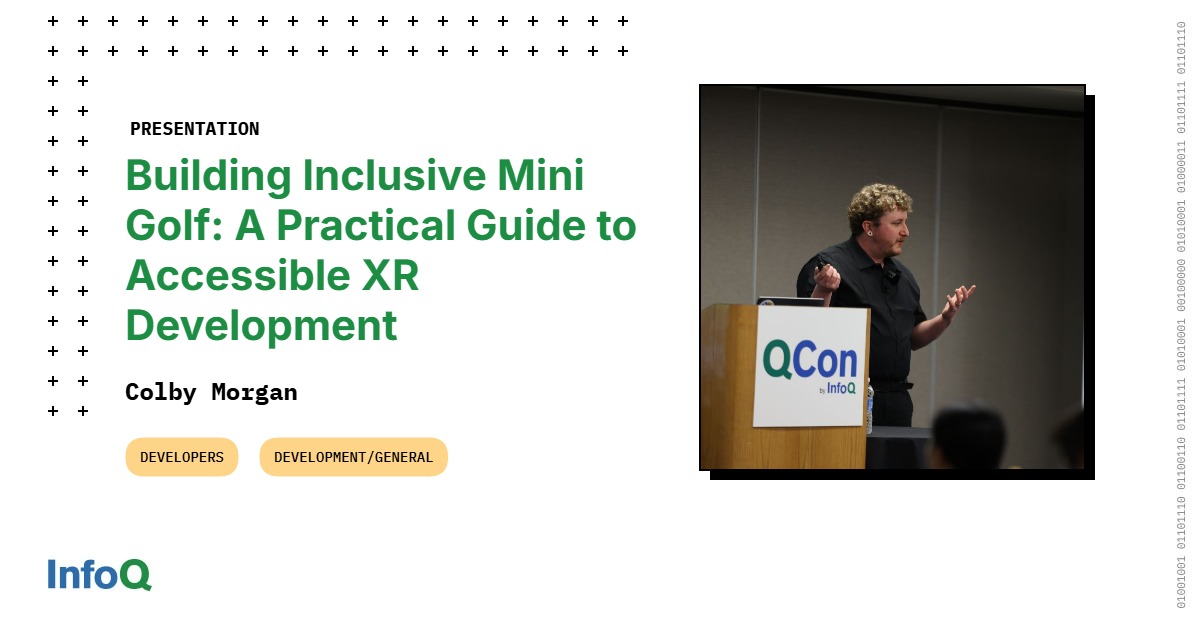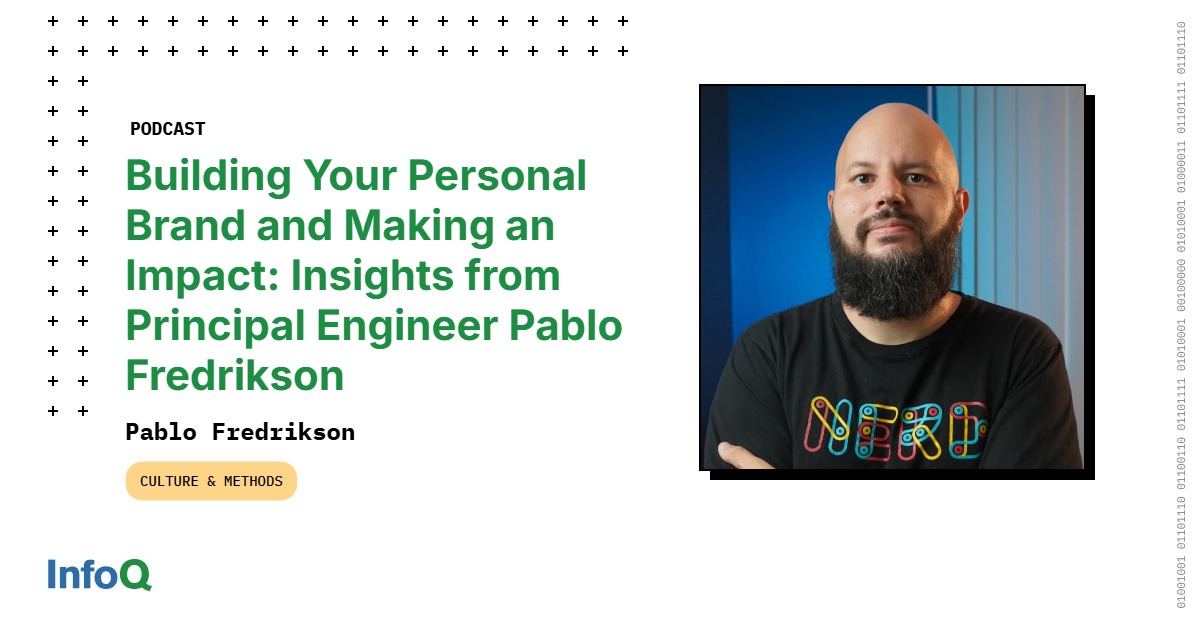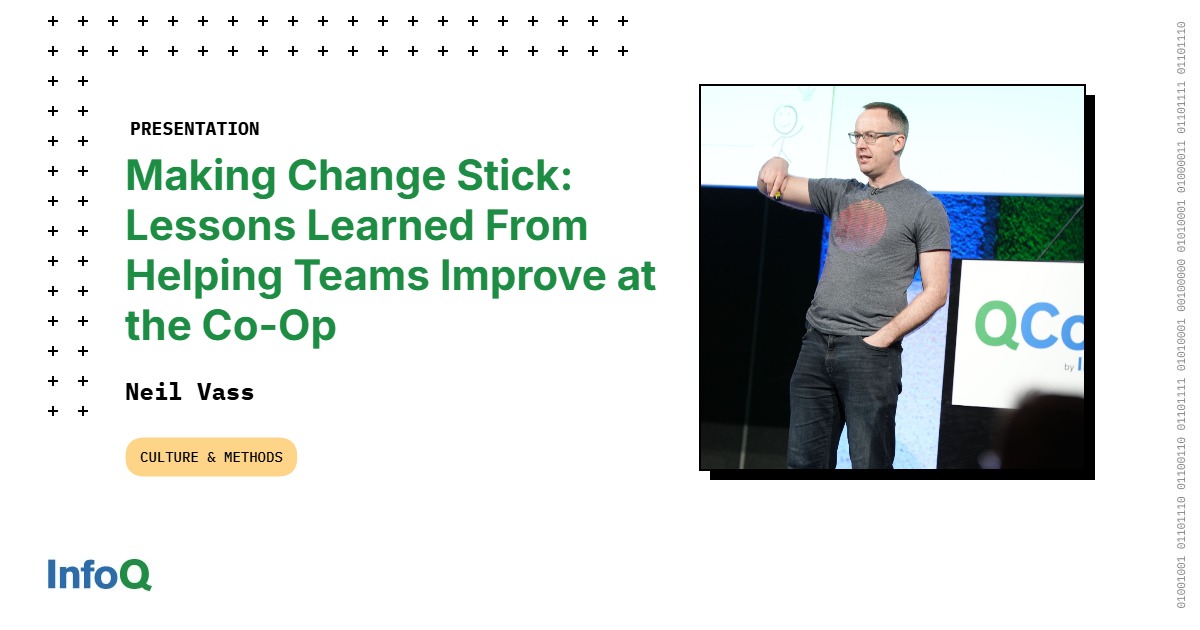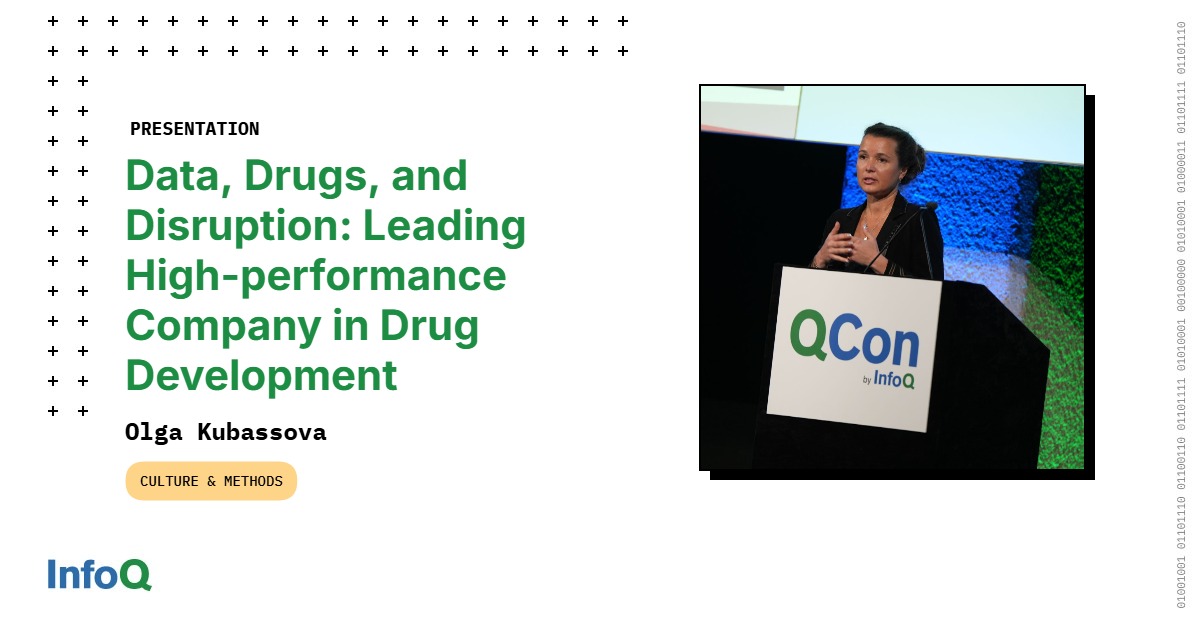Building Inclusive Mini Golf: A Practical Guide to Accessible XR Development

Colby Morgan discusses practical strategies and technical examples for building accessible and inclusive XR experiences. Learn about their core design principles, including accessibility at the start, invisible features, simplicity, and layered depth, using Walkabout Mini Golf as a case study. By Colby Morgan


































